Physics in Aging Biology
Program 2025

August 26
Tuesday
Munk Cellar
Munk Cellar
09:00-09:10
Opening
09:00-09:10
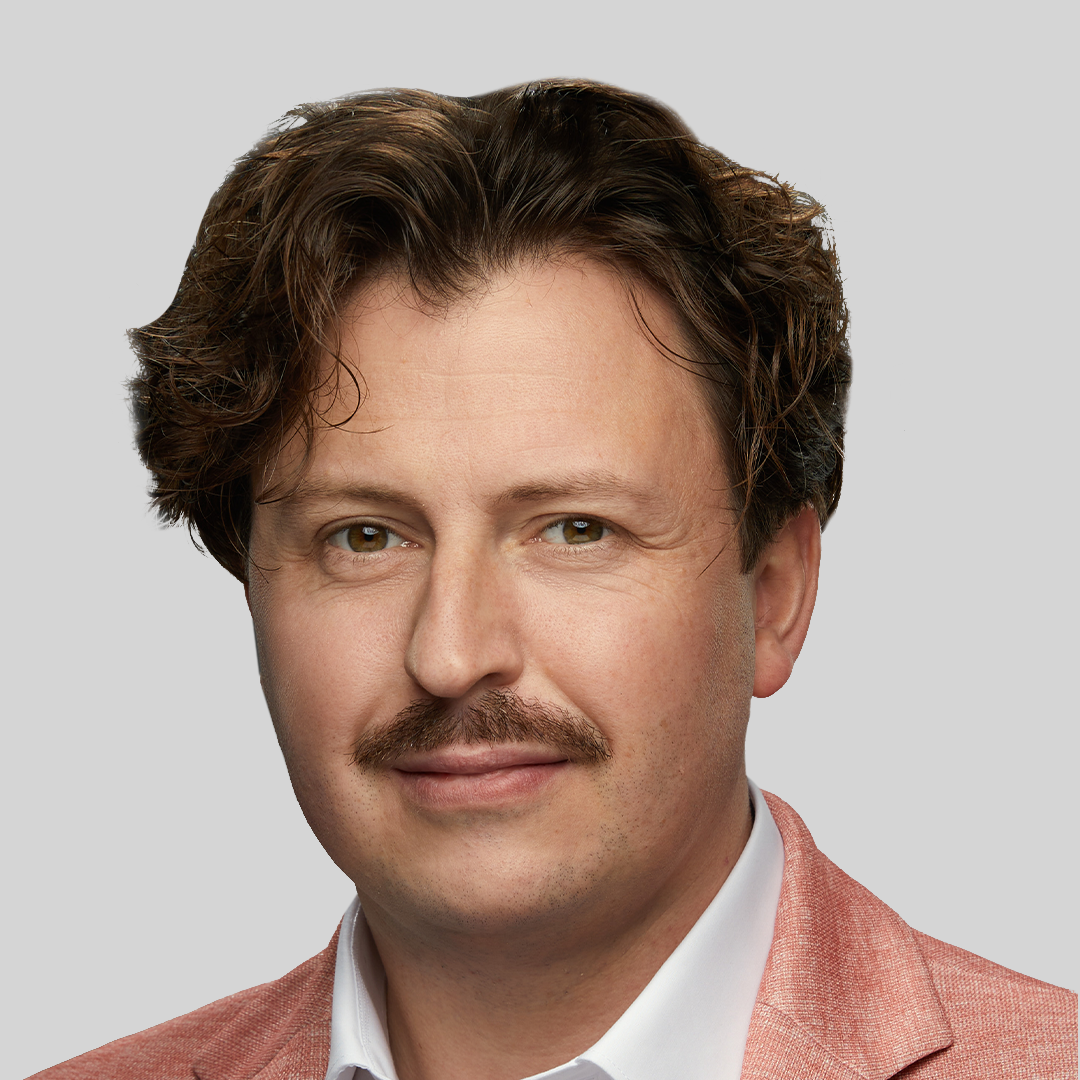
Maximilian Unfried
Chair
National University of Singapore
09:00-09:10
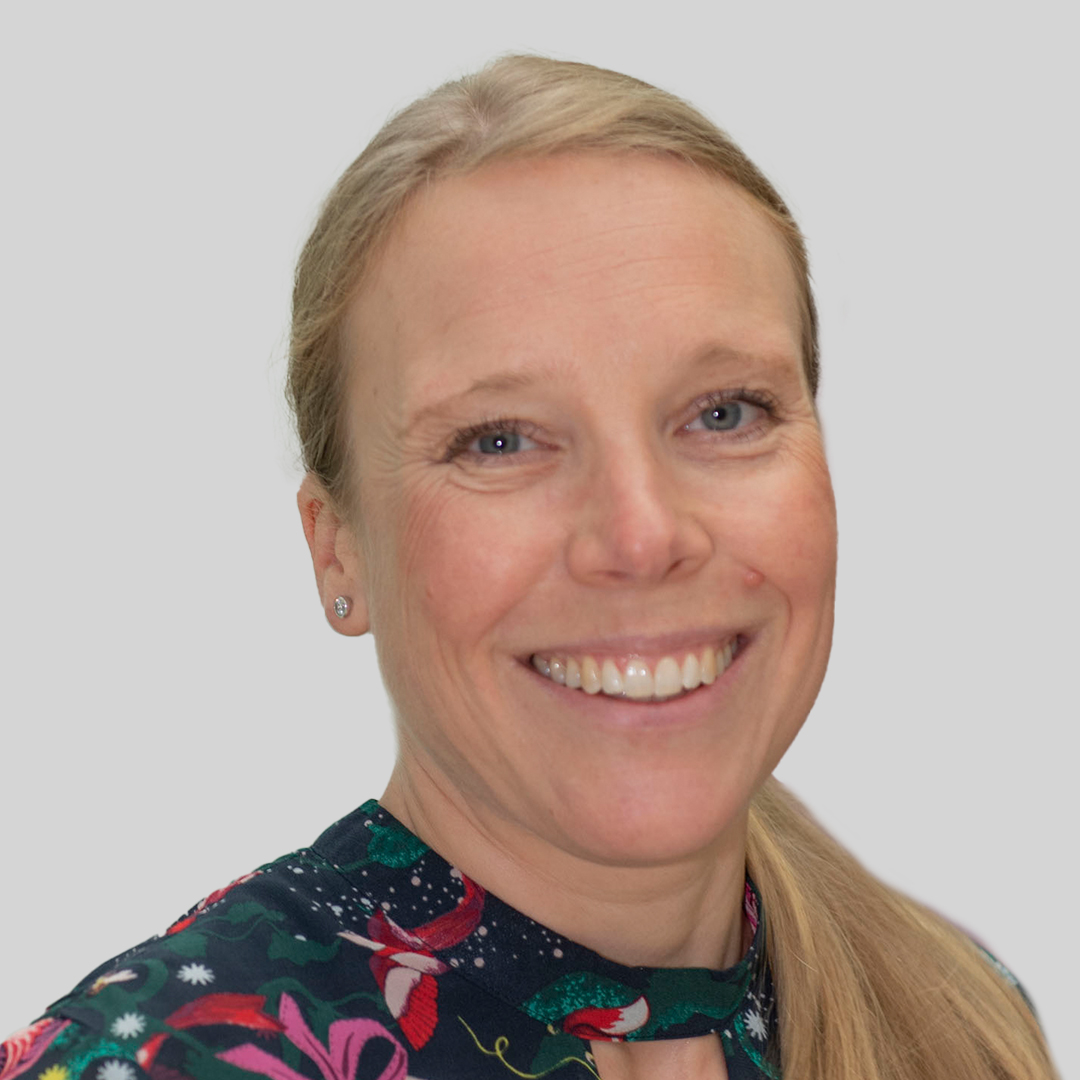
Sara Hägg
Co-moderator
Associate Editor npj Aging
Session 1
Modelling Molecular Mechanisms and Damage
09:10-09:30
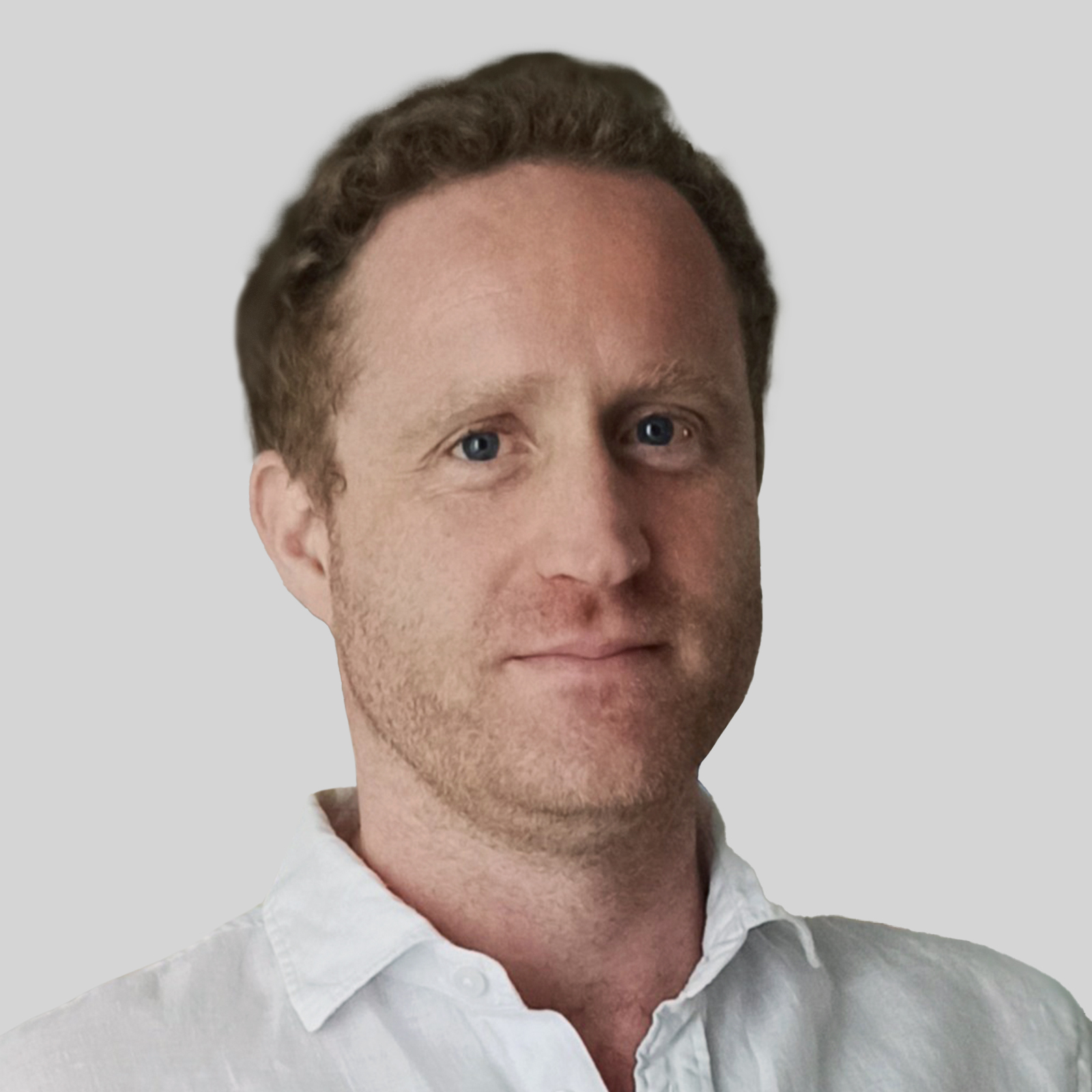
Probabilistic modelisation of telomere length dynamics
Denis Villemonais
IRMA, University of Strasbourg
09:30-09:50
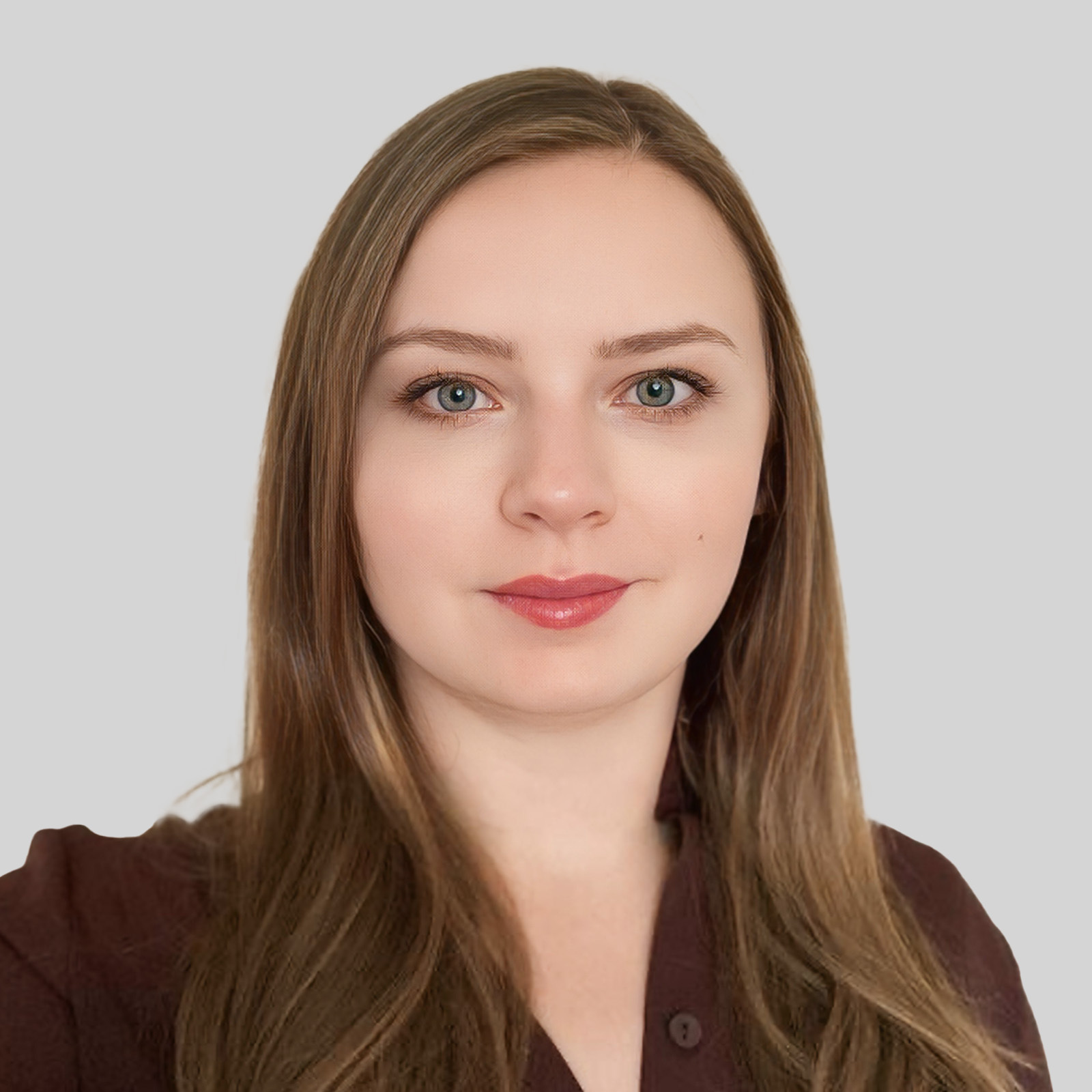
Mechanistic modelling of biochemical pathways for ageing research
Amy Morgan
University of Salford
09:50-10:10

Crossing Scales in Aging Biology: Physics- and AI-Based Simulations of Proteins and Pathways
Garegin A. Papoian
Deep Origin
10:10-10:20

A damage accumulation model reveals mechanisms of aging across species
Naveh Raz
Weizmann Institute of Science
10:20-10.40
Coffee Break
Session 2
Emergence, Dynamics, and Systems Biology
10:40-11:00

From Eigenmodes to Aging: A Dynamical Systems Perspective on Resilience Loss
Jan Gruber
National University of Singapore
11:00-11:20

Can we Ctrl+Z ageing? Modelling the rules, breaking the limits
Marija Cvijovic
University of Gothenburg
11:20-11:40

Computational models forecast emergent spatiotemporal cell population dynamics
Neda Bagheri
University of Washington Seattle
11:40-11.50

Tentative evidence that the rate of aging is controlled by a small number of interacting processes
Axel Kowald
Institute for Biostatistics & Informatics in Medicine and Ageing Research
12:00-13:00
Lunch Break
Session 3
Rejuvenation, Plasticity, and Control
13:00-13:20

Disentangling cellular damage from biological age
Andreas Beyer
University of Cologne
13:20-13:40

A model for growth control in axolotl limb regeneration
Benjamin Friedrich
Cluster of Excellence 'Physics of Life'
13:40-14:00

The menopause transition characterized using millions of lab tests
Glen Pridham
Weizmann Institute of Science
14:00-14:10

Aging by the clock and yet without a program
David Helmut Meyer
CECAD, University of Cologne
14:10-14:20

Aging, goal-directedness and bioelectricity
Léo Pio-Lopez
Allen Discovery Center at Tufts University
14:20-14:40
Coffee Break
Session 4
Theories of Aging
14:40-15:00

Towards a general quantitative mechanistic theory of growth, aging and mortality
Geoffrey West
Santa Fe Institute
15:00-15:20
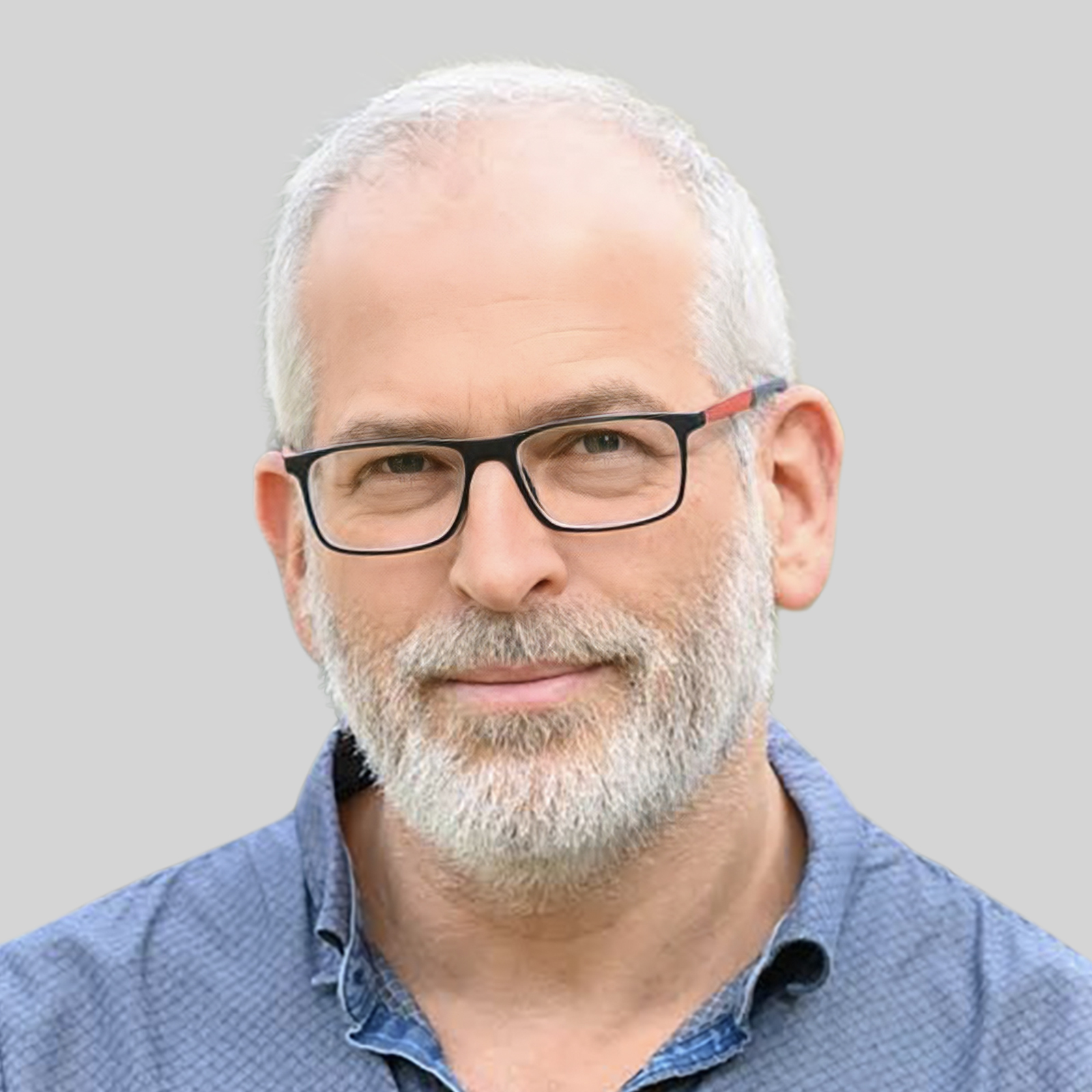
How to target maximal human lifespan?
Uri Alon
Weizmann Institute of Science
15:20-15:30

Aging as a Default State of Life
Elena G. Sergeeva
Tufts University and the Wyss Institute at Harvard
15:30-15:40
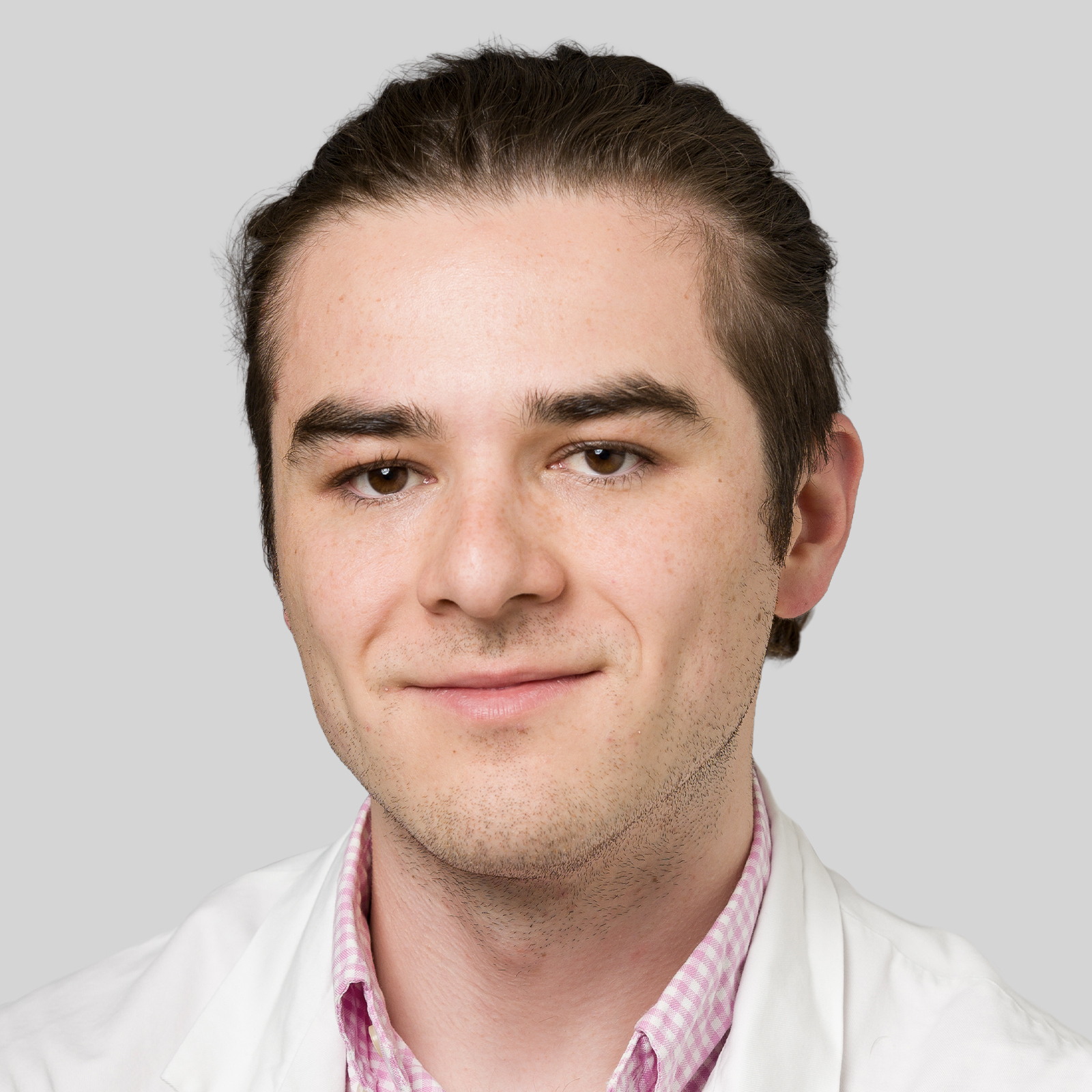
A need for a theoretical foundation on the biology of aging
Tomas Schmauck Medina
15:40-16:00
Coffee Break
Session 5
Evolution, Lifespan, and Adaptation
16:00-16:20

Evolution of adaptive death shaped by infectious diseases
Peter Lidsky
City University of Hong Kong
16.20-16:40

Maximum Lifespan Control in Mammals
Max Unfried
National University of Singapore
16:40-17:00

Ecological, evolutionary, and interventional antifragility in medicine
Jeffrey West
H. Lee Moffitt Cancer Center & Research Institute
17:00-17:10

The evolution of asymmetrical regulation of physiology is central to aging
Mirre J P Simons
University of Sheffield
17:10-17:30
Coffee Break
Session 6
Thermodynamics, Time, and Entropy
17:30-17:50

What sets the time scale of epigenetic ageing?
Steffen Rulands
Ludwig-Maximilians-Universität München
17:50-18:10

Tipping-point transition from transient to persistent inflammation in pancreatic islets
Ala Trusina
University of Copenhagen
18:10-18:30

Aging from the Second Law: Entropic Damage, Effective Temperature, and Extreme-Statistics Control of Lifespan
Peter Fedichev
Gero
